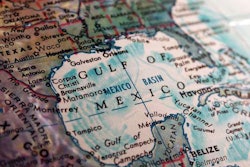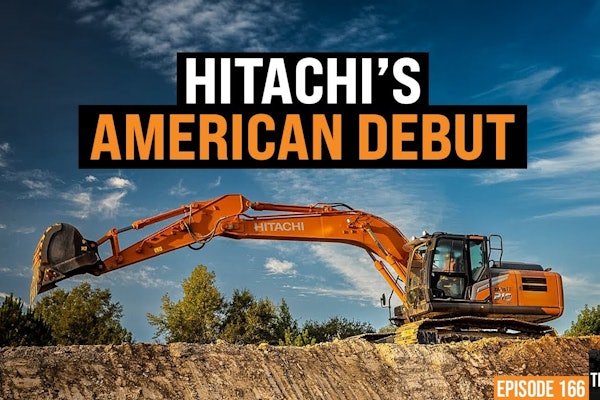The honeymoon’s not quite over.
MAP 21 is our new highway bill and celebrations of it go on. But the hangover is coming.
At the National Asphalt Pavement Association’s midyear meeting in Chicago today U.S. Chamber of Commerce transportation guru Janet Kavinoky and freshman Congressman Reid Ribble (R-Wi) agreed the bill is a good thing, and its passage should be applauded, but they also agreed that right now is the time to get to work on the next one, the one that will really determine the future of our infrastructure well into the century.
That the bill got done at all is still a surprise even to insiders. Kavinoky admitted that just weeks ago she boldly told colleagues that if a bill was passed by June 30 she would were a gorilla suit to work. She will. Thursday.
Some of their thoughts in brief via notes taken during some asparagus ravioli and later too much strawberry cheesecake at the meeting’s opening luncheon at the Drake Hotel:
Kavinoky:
“Part of our job in the transportation industry is to say thank you early and often to every member of congress who voted or MAP 21. Because today there are transportation proponents out there who put their names on the line for our industry and are taking heat… people are saying why did you pass a transportation bill that spend this much money. Someone has to stand up for them and say they did the right thing, this is a good bill, this is a jobs bill”
“The Highway Trust Fund is a real sense no longer exists. It is but shadow of what it was.” The coming challenge, she says, is to restore the HTF or at least rebuild the concept so users pay and what they pay goes into roads. While she has “not given up”on fuel taxes, Kavinoky says we must forge ahead in finding new sources of funding before a new bill, due 2014, can be begun.
The most important parts of the bill are the sections that give states and localities more authority and more flexibility. The key now is get them implemented and to do so in a way that shows the American public that transportation is worth investing in. Failure to do that, she said, could mean a lack of support for the 2014 bill, “and that will mean we have failed.”
Ribble:
“Nine extensions for a highway bill? As a former business owner it is hard, it is frustrating for me to see the way t his worked … it shouldn’t take that long.”
Ribble says when he went to his first Transportation and Infrastructure Committee meting discussing a new bill he was told it wouldn’t happen because there were no earmarks set for the bill, and it would not get done without them (it did of course). Ribble said the chairman told the committee “Normally we would just buy guys off.”
” We have at the very core of Congress a people problem. There is what I believe is a total lack of honesty.”
“We act as if our children and grandchildren are not going to drive over the bridges you build. We have to build infrastructure.” Ribble says he would argue with any conservative –and he identifies himself as one – who would oppose spending on transportation infrastructure.












